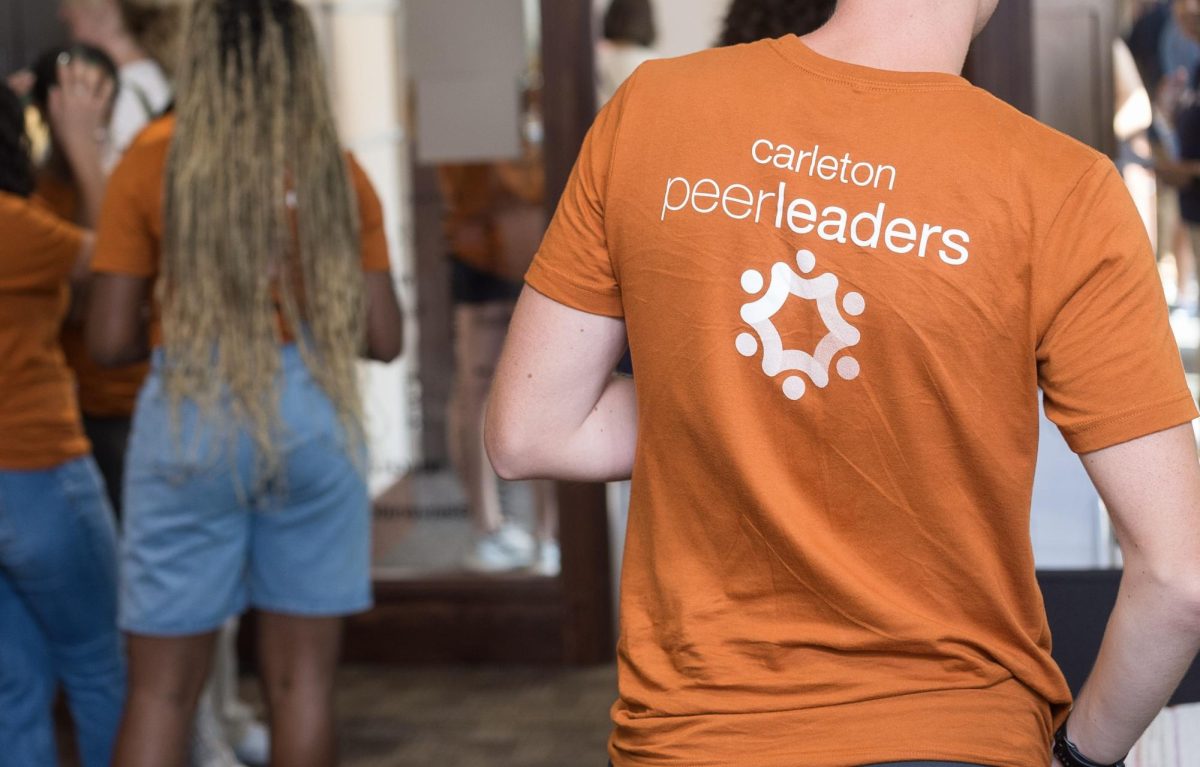“Washing one’s hands of the conflict between the powerful and the powerless means to side with the powerful, not to be neutral.”
-Paulo Freire, The Politics of Education
When I was in elementary school, my dad got involved in the movement to change the Cleveland Indians’ name and mascot. During baseball season, we attended weekly demonstrations outside Jacobs Field.
I believed in this cause by default, but I hated the protests. They were cold and boring, and I had to watch thousands of fans walk past with varying levels of contempt. Most ignored us, some laughed, some gestured rudely, and a few stopped to talk, but they often seemed inattentive (I realize now that they might have been drunk).
In 1998, the Indians made it to the World Series, and as a publicity stunt for the opening game, the activists burned an effigy of Chief Wahoo. I watched five of them, including my dad, arrested for “aggravated arson.” (They were detained overnight, but never prosecuted.) My brother videotaped the whole thing, and it made the news.
Inevitably, this came up at school. My fourth grade teacher wondered how many people had been arrested. I answered. She smiled, and asked how I knew this.
I was cornered, so I told the truth. The entire classroom gasped. I turned beet-red, and laughed, clinging to what I can only describe as the masochistic thrill of social martyrdom.
That year, my school established something called the Golden Rule Club.
This program was the brainchild of our assistant principal, who had become highly unpopular in her efforts to improve lunchtime discipline. She used to stalk the cafeteria looking for kids out of line. I guess one day she decided that there had to be a better way, consulted Stalin and Skinner, and came up with the GRC.
Any student could become a member of this club through a points system. Points were earned through different activities, from putting a napkin on your lap during lunch (1 point) to various forms of menial labor (collecting trash from the playground, 15 points). Every week, Vice Principal Stalin would announce the newest members and present them with blue-and-gold T-shirts. Every month, the entire club would wear these shirts to school, and receive a free meal catered by Taco Bell. In the cafeteria, you’d sit at a special table with a white tablecloth and “Golden Rule Club” signs, eat a taco, and be happy, because you won.
This is speculation. I was not in the GRC. From my perspective, it was just a wall of blue and smugness and Fire Sauce. At first, I abstained out of laziness, but most kids will do anything for fast food. By Christmas, the majority of the fourth grade had joined, including the rest of the gifted program; some of my friends became high-ranking members, which turned into a recurring source of conflict (“Why don’t you just join?” “Because it’s retarded”).
In the spring, Stalin finally pulled me aside. In retrospect, I don’t blame her. It must have seemed odd that Hannah Watson, shy kid, model student, would take issue with conformity.
“You know, you really should be wearing a napkin by now.”
She had a point. It was the easiest thing in the GRC rulebook. But that’s what I couldn’t stand. It was so easy, and it didn’t mean anything.
Though I couldn’t articulate it at the time, this was really about class. In the old regime, the lunch ladies would reward simple tasks like washing the tables with chocolate chip cookies, and everyone – including me – would jump at every opportunity. Now, there were two kinds of people: The ones who did it for the food, and the ones who did it for the approval.
I wish I’d had a badass response like, “I’M NOT YOUR GODDAMN MONKEY,” or even a lame translation like “Contemporary dialectic necessitates radical deconstruction of taco-normative hegemony.” But I actually hated getting in trouble. I was a straight-A student and she successfully made me feel bad for not wanting to be in her club.
Since fourth grade, I’ve been kicked out of school, arrested, and heartbroken, and these things still haunt me at Carleton. It’s easy to look at the well-adjusted, goal-oriented students here and see former presidents of Golden Rule Clubs across the world, and forget to smile. But none of this warrants a badass ending like, “AND THAT’S WHY I’M A TORTURED REBEL.”
I’ve never experienced real adversity. The temptation to view human beings as glorified lemmings comes from a lifetime of privilege.
Two weeks ago, Sarah Prather ’11 and Abigail Han ’12 hosted a Chili Night addressing socioeconomic status at Carleton. The room was packed with students, and we talked about things like anti-Republican/anti-religious prejudice, fashion, work-study obligations, and the classism of “sustainability.”
In my opinion, the worst class injustices are reflected in how we approach education itself. By eighteen, the lower classes have gone through twelve years of fear. Some of the kids who laughed at me in grade school never made it to college, and some of the parents booing us at Indians protests might have been victims of Cleveland’s fifty-year recession.
At its best, Carleton offers an escape from the ignorance of the outside world, but at its worst, it confuses elitism with virtue.
-Hannah Watson is Carleton columnist.













